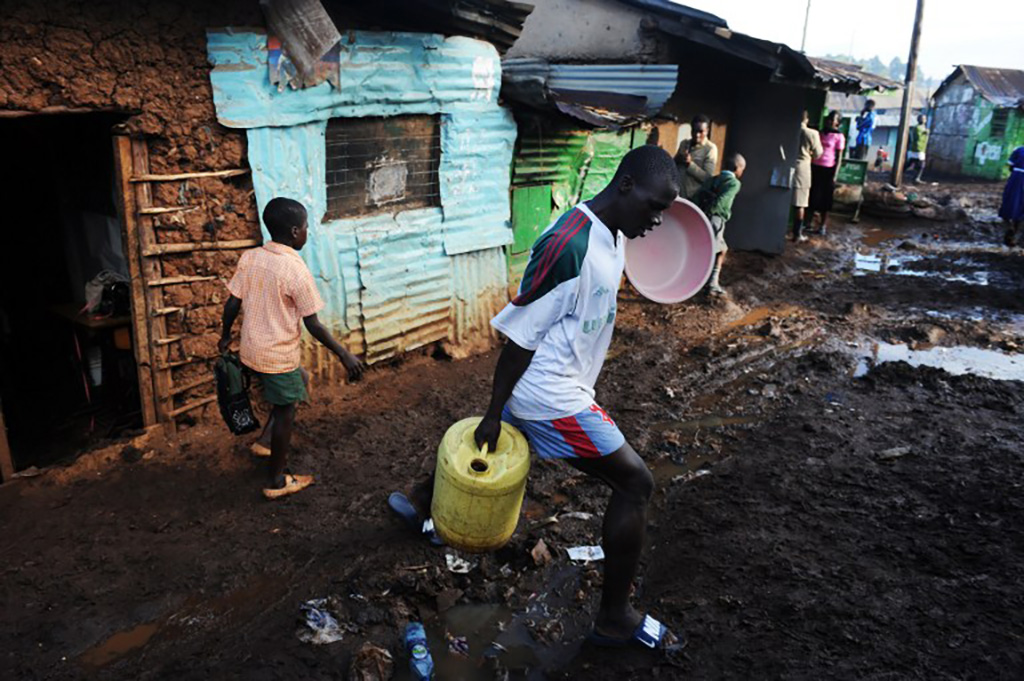Rwanda’s health service evolution

Rwanda s health service evolution – podcast
Rwanda has been praised for the development of its healthcare, despite having only 625 doctors at the start of the decade. This podcast, originally published on The GuardianExternal link, discusses whether other developing countries can learn from Rwanda.
Rwanda’s advances in healthcare come under the spotlight in this global development podcast. We look at key areas of improvement and discuss whether other developing countries can learn from the evolution of the Rwandan health service.
Ruth Evans speaks to the country’s health minister, Agnes Binagwaho, and Paul Farmer, professor of global health at Harvard University in the US. She also visits Kigali, the Rwandan capital, where she interviews staff and healthcare recipients.
Health is a key pillar of the Rwandan government’s Vision 2020 strategy for economic development and poverty reduction. The country spends only $55 (£35) a person on health annually, slightly less than its neighbours, and in 2010 it had just 625 doctors serving approximately 12 million people. Yet it has managed to notch up some remarkable advances.
Medical insurance is a central element of the healthcare system. Two recipients explain how it works, who benefits and how much it costs.
Evans meets two of the country’s 45,000 community health workers, who are trained to take care of primary healthcare tasks. There are three such staff in each village and they are elected by local people.
We explore how the treatment of HIV and Aids has improved dramatically in Rwanda. According to the United Nations programme UNAids, there were an estimated 210,000 people in the country living with HIV and Aids in 2012. Sabin Nsanzimana, who works at the Bio Medical Centre, explains how Rwanda has managed to expand the use of expensive antiretroviral therapy (ART).
Standard ART consists of the combination of at least three antiretroviral (ARV) drugs to suppress the HIV virus and stop the progression of HIV disease. In December 2002, an estimated 870 of the tens of thousands of Rwandans with advanced HIV were receiving ART, mostly through private clinics. That number subsequently increased significantly following the introduction of voluntary counselling as well as the testing and provision of ARVs.
Rwanda has also implemented a human papilloma virus vaccination programme to combat cervical cancer, as Maurice Gatera, head of the immunisation programme, explains. The country has so far innocculated more than 80% of teenage girls against the virus, according to the Centres for Disease Control and PreventionExternal link, the national public health institute of the United States. By comparison, only a third of girls aged 13-17 in the US have been fully vaccinated.
This podcast and story by Ruth Evans was originally published on The Guardian’s Global Development pageExternal link in January 2014. It was supported by the “Innovation in Development Reporting Grant ProgrammeExternal link” of the European Journalism Centre (EJC).
Translator: Sadiki Businge










You can find an overview of ongoing debates with our journalists here . Please join us!
If you want to start a conversation about a topic raised in this article or want to report factual errors, email us at english@swissinfo.ch.